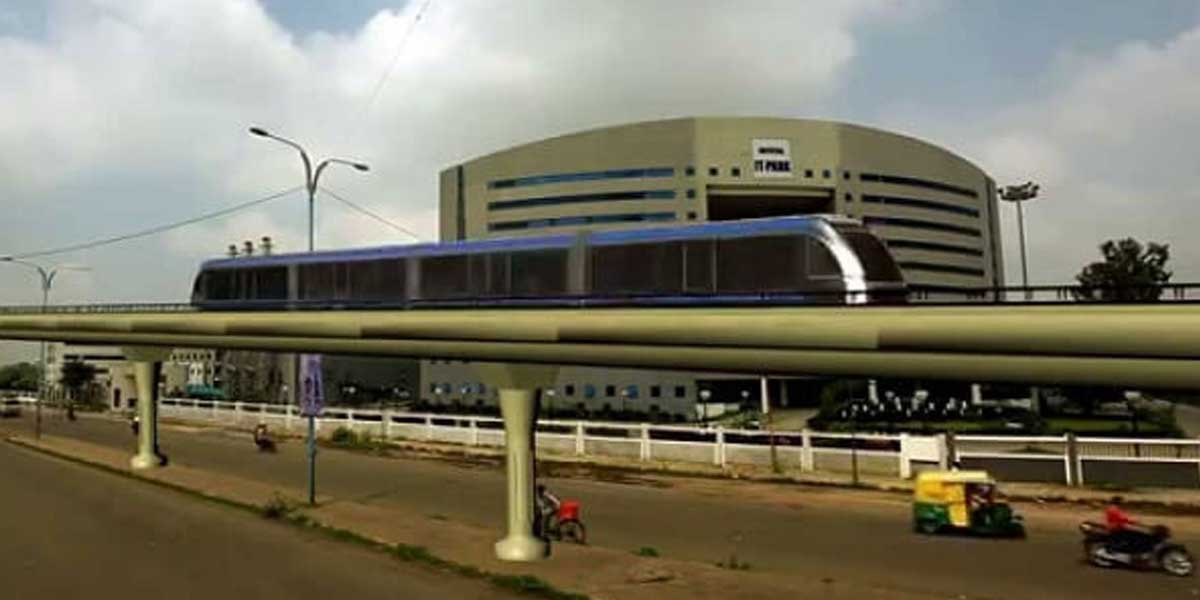
Last-Mile Metro Connectivity Lags in Indian Cities

Shree Cement Commissions 20 MW Solar Power Plant in Uttar Pradesh
Shree Cement Ltd., one of India’s leading cement manufacturers, has commissioned a 20 MWp solar power plant in Chitrakoot district, Uttar Pradesh, reinforcing its commitment to renewable energy and supporting India’s clean energy transition.The new facility will supply green power to the company’s Etah grinding unit through the Wheeling and Banking mechanism. Phase 1 of the project has achieved Commercial Operation Date (COD) following verification by the Uttar Pradesh State Load Dispatch Centre (UPSLDC), while Phase 2 is scheduled for commissioning by the end of Q4 FY25–26.In addition..

Italian Construction Equipment Market Shows Steady Growth in 2025
The Italian construction equipment market recorded stable growth in the first nine months of 2025, with 14,699 units sold, reflecting a 3% increase compared to the same period in 2024. The total includes 13,982 earth-moving machines (+2%) and 717 road machines (+10%), underscoring continued market momentum despite broader European slowdowns.The figures, based on data from manufacturing and importing companies, were presented during an online press conference organized by Unacea and sponsored by Ecomondo, the international trade fair dedicated to ecological transition and circular economy model..

India’s Largest Clean Energy Convergence Returns in 2025
Igniting the next wave of renewable innovation, Informa Markets in India, the country’s leading curator of B2B growth platforms, proudly announces the 18th edition of Renewable Energy India (REI) Expo, Asia’s largest and most influential clean energy congregation. Scheduled from October 30 to November 1, 2025, at India Expo Mart, Greater Noida, REI 2025 will once again be co-located with the 3rd edition of The Battery Show India (TBSI), together advancing India’s vision of a cleaner, greener tomorrow. Building on the record-breaking success of its 2024 edition, REI 2025 will set new benc..
















